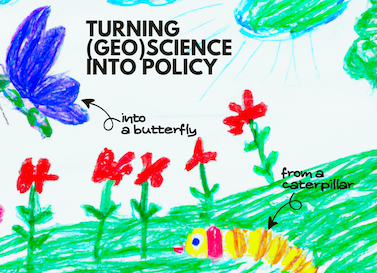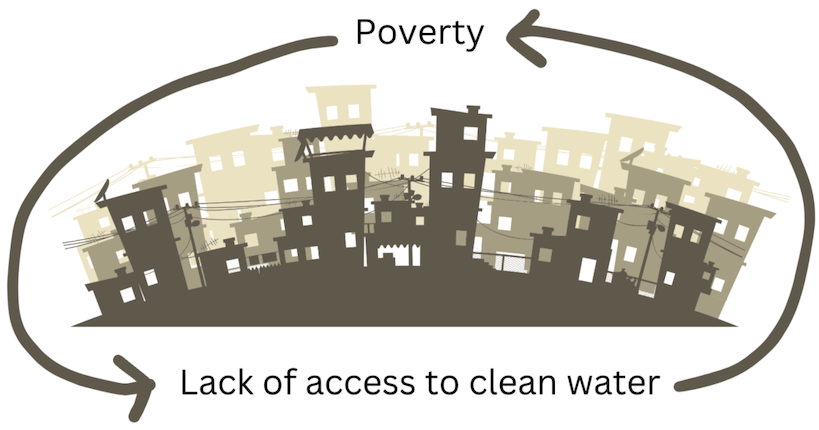Predicting magmatic eruptions is a complex and challenging task due to several factors: Despite the many challenges that scientists face, they remain dedicated to making…
Month: December 2023
What are the limitations of using remote sensing to predict magmatic eruptions?
What are the limitations of using remote sensing to predict magmatic eruptions? Remote sensing, while a valuable tool in monitoring volcanic activity, has limitations in…
Turning (geo)science into policy
Why is it important to turn (geo)science knowledge into policy?
Author: Dasapta Erwin Irawan (This blogpost is a preprint version)
Turning geoscience knowledge into policy is important for addressing complex environmental and societal challenges. Geoscience knowledge can be used to support policy and practice through dialogue and partnerships between geoscientists and other stakeholders (Gill & Bullough, 2017).
Read morePeraturan tentang tata cara injeksi air (di industri migas dan geotermal)
Peraturan Menteri Lingkungan Hidup (MenLH) No. 13 Tahun 2007 tentang Persyaratan dan Tata Cara Pengelolaan Air Limbah Bagi Usaha dan/atau Kegiatan Hulu Minyak dan Gas…
Kemiskinan dan akses air bersih
Oleh: Achmad Darul dan Dasapta Erwin Irawan
Kemiskinan dan akses air bersih
Hubungan antara akses air (kuantitas dan kualitas) berhubungan dengan kemiskinan. Hal ini dapat dilihat dari dua arah. Dari arah kemiskinan menuju kemampuan mengakses air bersih, atau dilihat dari rendahnya kemampuan untuk mengakses air bersih yang mengakibatkan kemiskinan.
Read moreTugas akhir yang bagus adalah yang selesai
Buku ini ditulis dengan tujuan untuk memberikan pemahaman yang mendalam tentang arti dan makna dari menyelesaikan tugas akhir bagi mahasiswa. Dalam buku ini, penulis akan menjelaskan secara detail mengenai pentingnya tugas akhir dalam menyelesaikan studi, baik dari segi praktis maupun edukasional.
Isi dari buku ini mencakup penjelasan tentang tugas akhir sebagai persyaratan utama dalam menyelesaikan studi, makna praktis dan makna edukasional dari tugas akhir, serta faktor-faktor internal dan eksternal yang dapat mempengaruhi penyelesaian tugas akhir.
Read moreGeophysics for the Environment in Indonesia
This manuscript is the preprint version of our draft submitted to F1000Research.
Author: Achmad Darul (Institut Teknologi Bandung), Dasapta Erwin Irawan (Institut Teknologi Bandung), and Eleonora Agustine (Universitas Padjadjaran)
Abstract
This paper explores the hidden potential of geophysics for the environment, focusing on Indonesia. Geophysics plays a crucial role in understanding the Earth’s physical characteristics and addressing environmental challenges. It is particularly relevant in water-related environmental problems, such as groundwater contamination and infiltration monitoring. Geophysics is also used to detect metals in fertile soils and plants, providing insights into agricultural practices and potential health risks. However, applying geophysics in urban areas poses challenges due to physical obstructions, cultural noise, limited workspace, permits, and safety concerns.
This article emphasizes the integration of geophysics with environmental studies, the need for further research on water-related environmental problems and metal detection, and the development of techniques tailored for urban environments. It suggests focusing on understanding the specific environmental challenges in Indonesia and leveraging advancements in technology for more accurate and efficient geophysical investigations.
In the Indonesian context, geophysics has diverse applications, including energy exploration, seismology, and oceanography. However, it has not been properly utilized in the field of environmental studies, particularly in urban areas.
Read more



